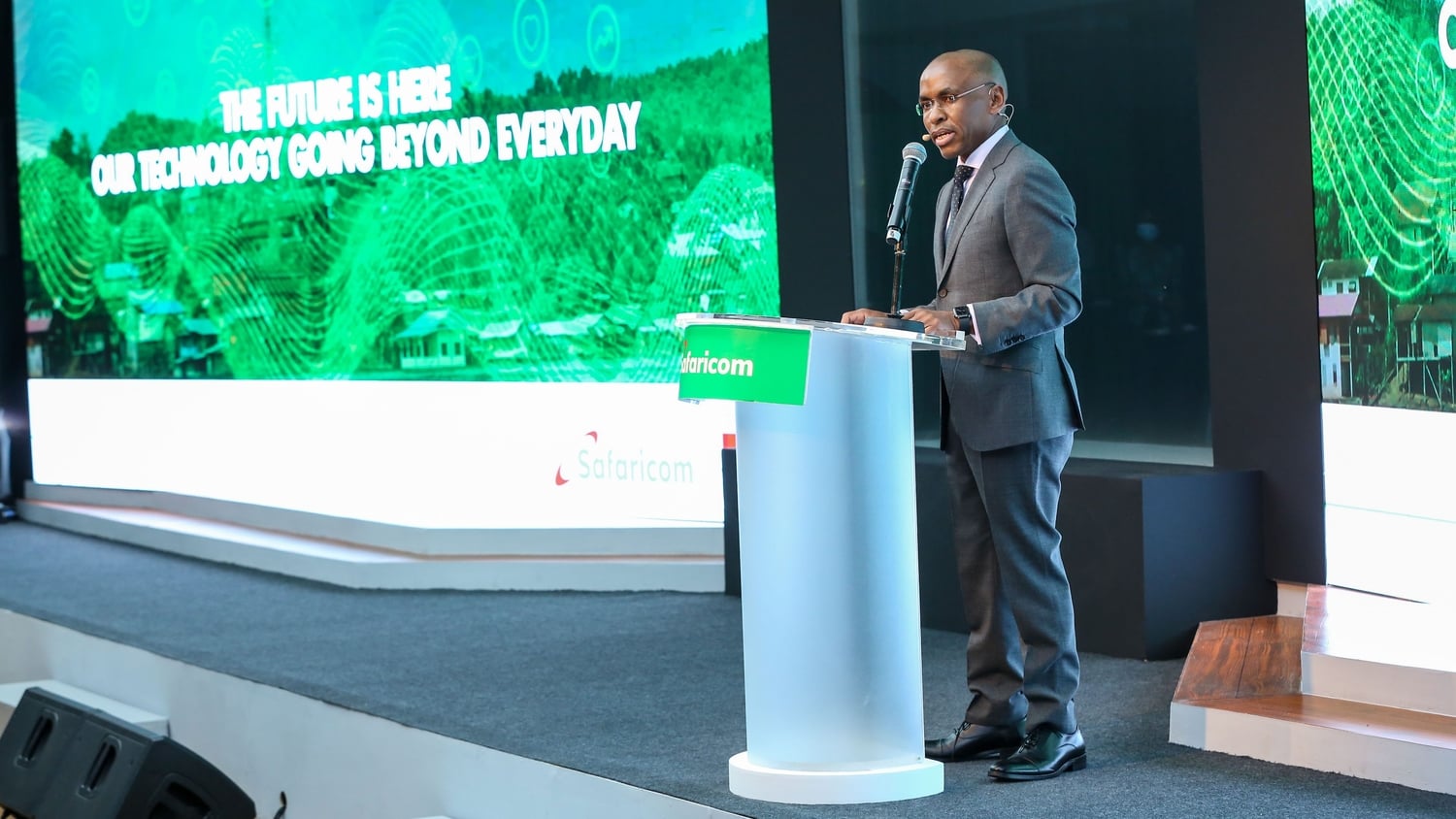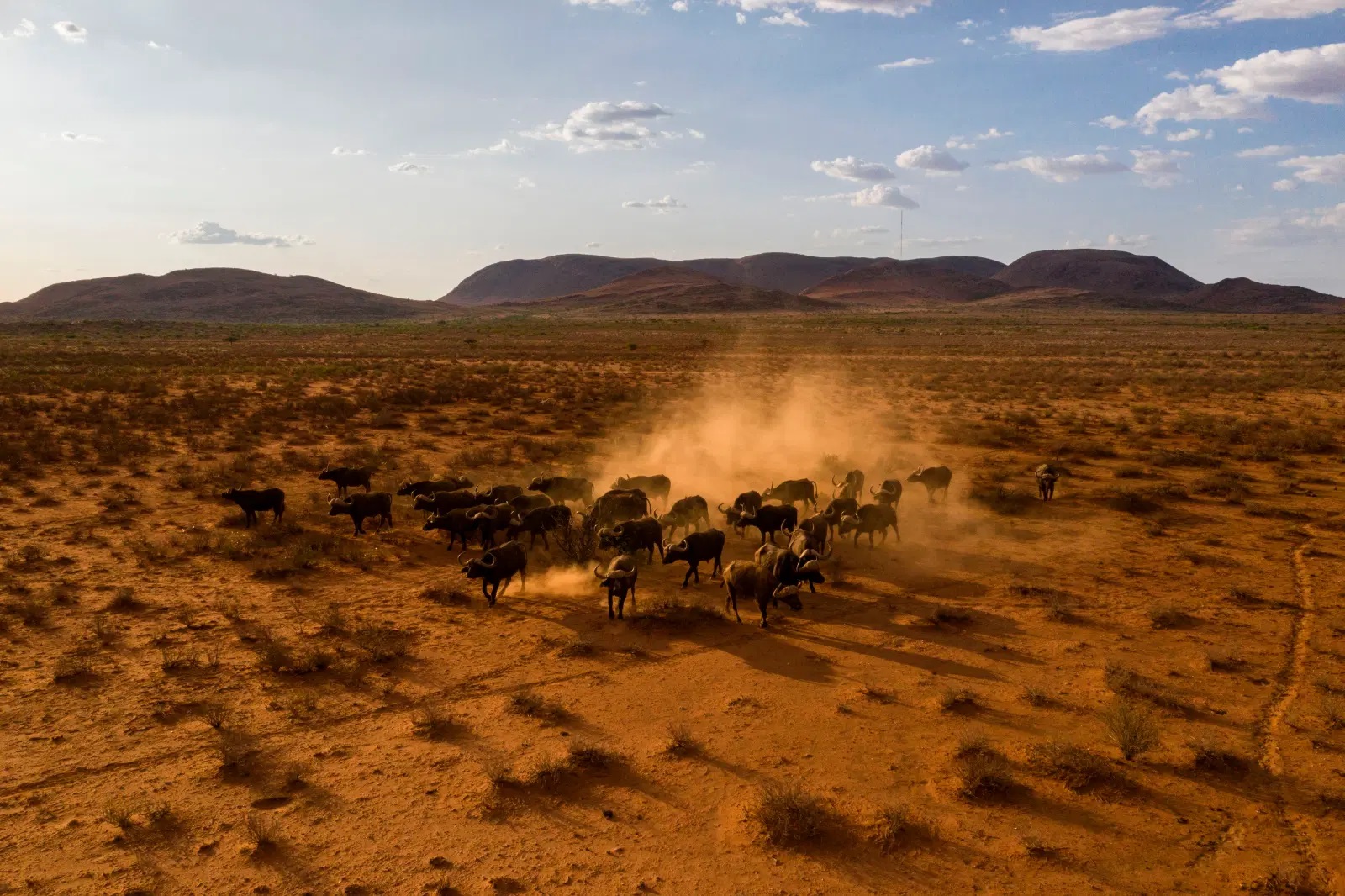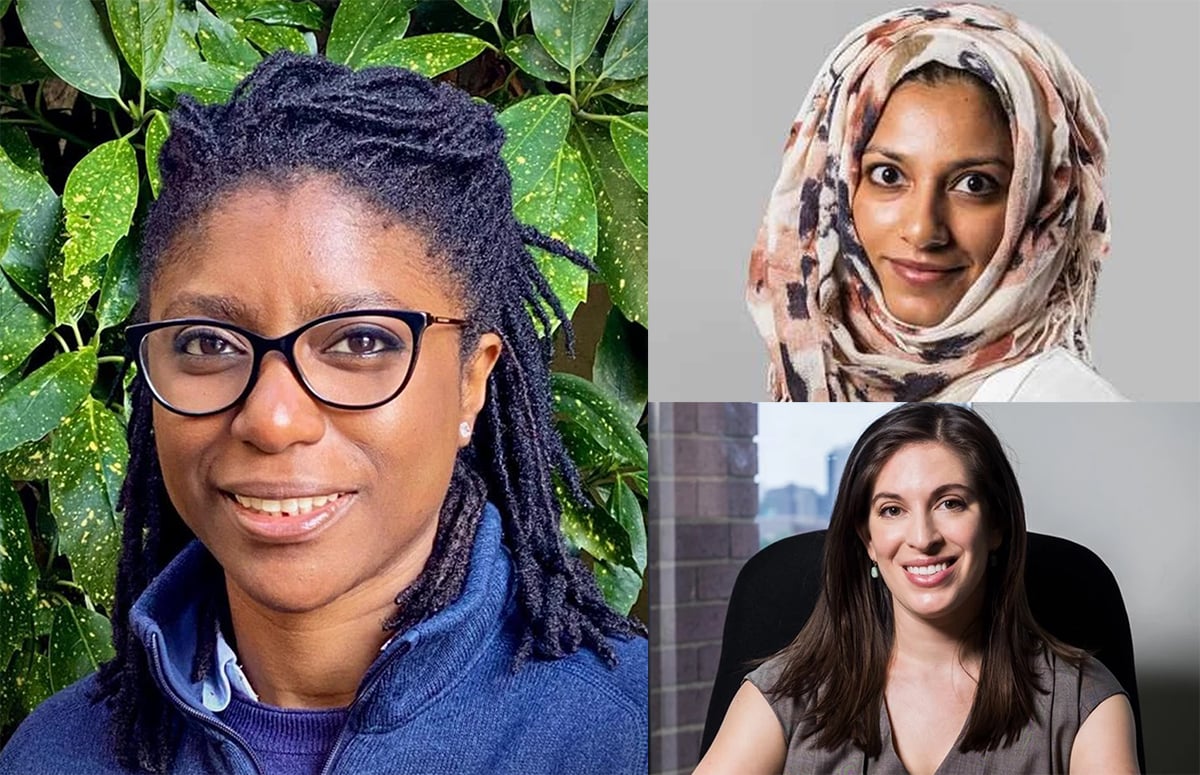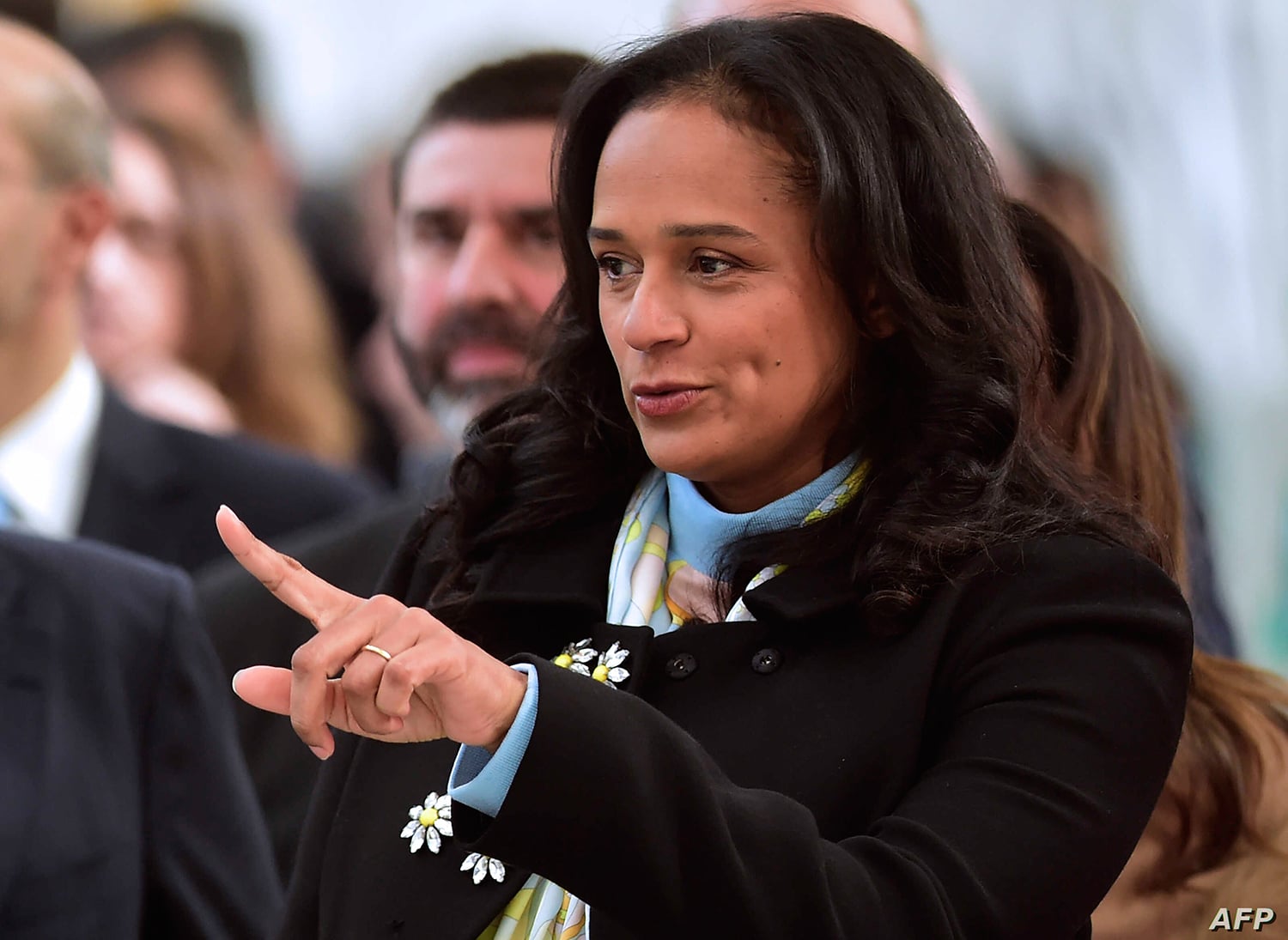BI Africa: Please tell us how you came to be at MFS Africa?
Funmi: Being at MFS Africa, for me, is a reflection of my prior experience and a culmination of the journey I’ve taken so far. I started my career as a banking and finance lawyer in private practice in Nigeria over 15 years ago. Since then, I’ve moved to the UK and continued to practice as a commercial lawyer, first in private practice and then in-house with a pan-African bank. Over the stretch of my career, I’ve worked with African clients and on transactions with an Africa nexus because I have a passion for the continent and its development. My journey and passion made the choice to work at MFS Africa an easy one. Working with such a dynamic and impactful organisation combines my expertise with the ability to make a difference in the type of work we do here at MFS Africa.
BI Africa: You are working a lot alongside the innovation and technological industry, which is male-dominated. How do you react to some negative reactions/not being taken seriously?
Funmi: I’m a deep thinker, super resilient and an extremely positive individual, and I think these traits allow me to see past negative reactions and not being taken seriously in general.
However, the culture that you’ve just described is not a feature at MFS Africa. We have an unwritten ‘no assholes’ policy which translates into one of our core values, ‘Care’. We care about each other, the work we do and the people and markets to whom we provide our services. As a result, everyone’s views are taken seriously, regardless of gender, and ongoing feedback is one of the hallmarks of our culture. We are about 50% female across our workforce and in senior management. As an organisation, we have made a conscious decision to focus on talent and talented female representation.
BI Africa: Is it (still) necessary as a woman nowadays to decide between career and children, and what advice would you give to young women in this regard?
Funmi: There has been significant progress for women in this regard, but there is still work that can be done. This should not even be a choice that women have to make, but unfortunately, it still is. Although this is not the ideal, young women should be reminded that the choice between a career and children is not one that should be made for them, but one that they can make by themselves and on their own terms. They have the power and the ability to fashion their careers and family lives, and that power shouldn’t be surrendered to societal and cultural norms or to another human being’s prejudices and opinions. My advice to young women would encompass these principles but put simply, it’s this – do what is right for you.
BI Africa: What makes you a “superwoman”?
Funmi: I’ve never thought of myself as a superwoman. I simply live, love, work and play hard.
BI Africa: Tell us about a few women who inspire you.
Funmi: Like many, I’m inspired by women who break ceilings and records and those who lead with success. Christine Lagarde, Ngozi Okonjo-Iweala, Jacinda Arden, Serena Williams and Chimamanda Adiche are a few examples. However, one woman inspired and continues to inspire me greatly and not because she was leading, but by her demeanour, her humility and her intelligence – and that’s Michelle Obama. In most of her public life, she occupied a traditionally supportive role, but she did it with grace, integrity, intellect, warmth and a great big smile. Those things made the world fall in love with her, and she demonstrated that anyone could make an impact regardless of the role they play, the position they occupy or the work they do.
BI Africa: How important is it for women to empower, support and lift each other up and what does that mean to you?
Funmi: Unfortunately, women have had to come from behind to try and win at this game of life. We’ve had to fight for the rights to vote, work, own property, enter legal contracts, hold public office, equal pay and reproductive rights, to name a few. This has made it important to have female representation around any table, not just for the women concerned now but for the women of the future and the world as a whole. As the ongoing Covid-19 pandemic has demonstrated, when women lead, the world benefits. Yes, women need to empower, support and lift each other up, but this is a collective responsibility. We should all fight for the freedoms and the empowerment of women. Like Chimamanda, I believe we should all be feminists.
BI Africa: What message do you want to share with young women who are thinking about their future careers?
Funmi: Dream big and never stop dreaming!
BI Africa: Please tell us how you came to be at MFS Africa?
Lutfiyya: I started on a completely different career path in Physiotherapy and always knew that I wanted to serve a higher purpose with my career choice. In my final year, I had to drop out due to health issues and subsequently pivoted to software development, where I graduated at the top of my class. A few years later, one of my lecturers, who had joined MFS Africa, reached out to me with an opportunity for a senior developer role. I was really excited because I was able to align my own values to MFS Africa by building solutions that impacted people’s lives.
BI Africa: You are working a lot alongside the innovation and technological industry, which is male-dominated. How do you react to some negative reactions/not being taken seriously?
Lutfiyya: Gender bias and stereotypes are all too prevalent, especially in STEM fields. It’s unfortunate, as this is a major deterrent for women and girls who want to pursue STEM careers, and we’re experiencing the impact of this in gender-biased algorithms. I am vocal against biases when I encounter them in my space, and I have learnt to let my work speak for itself. I’ve been to a developer conference in San Francisco where I could tangibly feel the difference in reception between the men at the conference and myself- a woman of colour in hijab. It was only until I started asking probing questions about their technical stacks, did they start to take me seriously. I’ve learnt that I have to make my voice heard and be confident in my own abilities.
BI Africa: Is it (still) necessary as a woman nowadays to decide between career and children, and what advice would you give to young women in this regard?
Lutfiyya: There is no simple answer to this. The reality is that women are carrying a heavier burden than men when it comes to childcare. Even studies show that after having children, a women’s earning potential drops significantly compared to their male counterparts, contributing to the gender pay gap. Unfortunately, Covid-19 has further exacerbated the childcare discrepancy, resulting in more women exiting the labour market due to this inequality. In many cases, women don’t have the luxury of choice.
For younger women who can pursue their careers and don’t want to sacrifice having children, I would advise them to align themselves with organisations that have inclusive policies, targeted support and diverse cultures. I also believe that honest and open conversations need to be had with partners around childcare to establish the necessary support structures and find the balance that works best in their situation, allowing both genders to thrive. I have two little children, and the only way I’ve been able to balance my career, home life and studying is through MFS Africa’s support, my incredible support structures and a partner who isn’t afraid to break the stereotypes and cultural expectations around caregiving roles.
BI Africa: Q: What makes you a “superwoman”?
Lutfiyya: I don’t think there is such a thing as a “superwoman”, as the word implies that women need to do it all on their own. Women shouldn’t feel the need to put pressure on themselves and aspire to perfection. It takes hard work, resilience, confidence and the ability to acknowledge room for growth in order to be successful. I have only been able to achieve what I have thus far because of my ecosystem of support. I believe that we need to normalise requesting for help, encourage our partners to step-up and let go of the need to be perfect all the time!
BI Africa: Tell us about a few women who inspire you.
Lutfiyya: There are so many! Here are some women I look up to and are doing some incredible work within their space today.
Chimamanda Ngozi Adichie inspires me with her resolve to break gender stereotypes and her mission to redefine gender roles.
Rana el Kaliouby is focused on ethical development and deployment of AI and mitigating algorithmic biases. She’s also an incredible advocate for diversity and inclusion in tech and leadership.
Kimberly Bryant and Reshma Saujani who founded Black Girls Code and Girls Who Code, respectively. Both women recognised the importance of creating a supportive environment and opportunities for girls in tech.
BI Africa: How important is it for women to empower, support and lift each other up and what does that mean to you?
Lutfiyya: It is essential. When you get to the top, you have to be deliberate about throwing the ladder down for the next woman to climb it. By being intentional about celebrating each other’s achievements and supporting each other through mentorship and sponsorship, we accelerate much-needed progress for gender diversity and, in doing so, allow women to focus on delivering on their vision. I have been fortunate to have both male and female mentors at MFS Africa who truly care about my career path and encourage me through my success and failures.
BI Africa: What message do you want to share with young women who are thinking about their future careers?
Lutfiyya: I would really encourage women to be vocal, open and unapologetic in the pursuit of their dreams. I would also advise women to align themselves to an organisation that best supports their career aspirations, gives them focused experience and encourages them to keep learning and developing themselves.
BI Africa: Please tell us how you came to be at MFS Africa?
Rachel: I joined MFS Africa in early 2014. I had started my career in international development at the Millennium Challenge Corporation, and then transitioned to the private sector via business school and management consulting. While a consultant, I worked on a combination of financial services and telecom projects in several African countries. MFS Africa was for me the bringing together of the three threads of my career to date at that point – transformational economic impact, financial services, and telecommunications.
BI Africa: You are working a lot alongside the innovation and technological industry, which is male-dominated. How do you react to some negative reactions/not being taken seriously?
Rachel: As a woman in fintech, but not in a tech role, I have not faced the same sexism that many women still face in engineering, product, and developer roles. But I know that it’s real. And it is not a result of women not being confident enough in their skills and abilities and potential – it’s a result of men holding sexist attitudes. I have benefited from role modelling and peer leadership from so many talented women in my career, but I have also benefited from male colleagues who did not hold me back or second-guess me. So in my work as a non-technical leader in a fintech, one of the most important things I can do to create an environment in which women thrive is to hire and encourage men who are feminists and who encourage and celebrate women’s ambitions.
BI Africa: Is it (still) necessary as a woman nowadays to decide between career and children, and what advice would you give to young women in this regard?
Rachel: This is a difficult question because there is an enormous divide between women who can be selective in their choices of partner and employer, and those who are not. For women who want to raise children with male partners and have access to family planning, I would encourage them to partner with men who are committed to being equal partners in childcare. I would encourage all women to choose employers who offer appropriate family leave, and I would advise men and women in positions of influence to make their companies more family-friendly.
BI Africa: What makes you a “superwoman”?
Rachel: My superpowers are vision, strategy, and setting the right people in the right direction to bloom and shine. I also have strong cross-border spidey-senses: I’ve been privileged to work in over 20 African countries, so I bring a unique perspective to the applicability of various tactics and products in our key markets.
BI Africa: Tell us about a few women who inspire you.
Rachel: Rebecca Enonchong inspires me with great insights on the African tech ecosystem and courageous positions on politics and policy in Cameroon. Stacy-Marie Ishmael is a brilliant thinker on all things work, product, media, and the philosophy behind what is made for whom and how. Aminatou Sow is consistently creating her own path and re-establishing the centre around her when it comes to creativity, women in tech, and what’s important in life.
BI Africa: How important is it for women to empower, support and lift each other up and what does that mean to you?
Rachel: It’s great for women to empower, mentor, and sponsor other women. But the most important thing is for women and men to take steps to change cultures and norms that reward men for behaviours that women are punished for, like assertiveness and risk-taking.
BI Africa: What message do you want to share with young women who are thinking about their future careers?
Rachel: Your career path is yours, and it’s a portfolio of experiences, skills, knowledge, and relationships that you assemble over time. When you’ve gotten all you can out of a role, and given what you want to it, it’s time to move on to the next adventure. No job is forever, and no path is linear. Never stay somewhere where you are not appreciated and valued.




